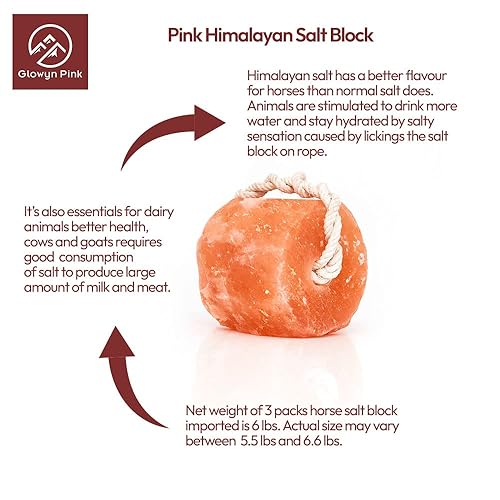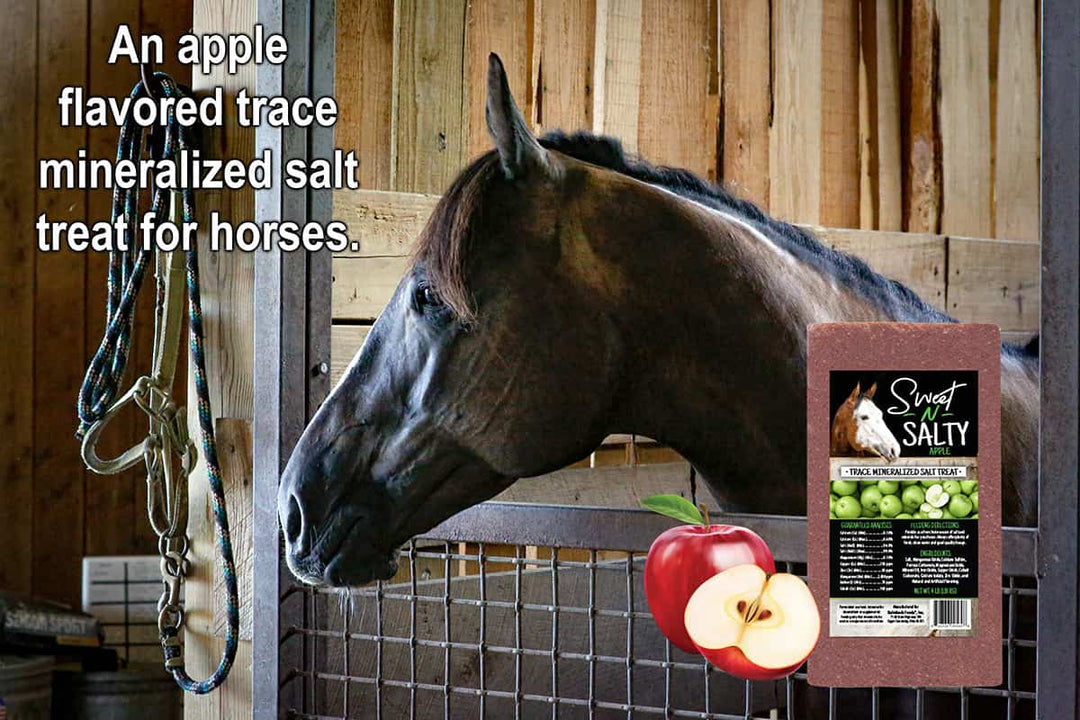Salt and Mineral Requirements for Your Horse

Understanding the essential salt and mineral needs of your horse is crucial for maintaining its health, performance, and overall well-being. This article explores the types of minerals horses require, their functions, sources, and how to ensure your horse receives the right balance.
Why Are Salt and Minerals Important?
Salt (sodium chloride) and minerals play vital roles in various physiological processes in horses, including:
- Electrolyte balance: Regulating fluid levels and nerve function.
- Muscle function: Preventing cramps and supporting contractions.
- Bone development: Providing structural strength.
- Enzyme activation: Facilitating metabolic reactions.
Essential Minerals for Horses
| Mineral | Function | Common Sources |
|---|---|---|
| Sodium | Electrolyte balance, nerve function | Salt blocks, feed supplements |
| Chloride | Electrolyte balance, digestion | Salt blocks, forage |
| Potassium | Muscle function, acid-base balance | Forage, grains |
| Calcium | Bone strength, muscle function | Hay, alfalfa, supplements |
| Phosphorus | Bone formation, energy metabolism | Grains, forage |
| Magnesium | Muscle relaxation, enzyme function | Forage, grains |
| Zinc | Immune function, skin health | Grains, supplements |
| Copper | Connective tissue formation | Forage, grains |
| Selenium | Antioxidant, immune support | Supplements, certain forages |
How to Meet Your Horse’s Salt and Mineral Needs
- Provide free-choice salt blocks: Horses self-regulate their salt intake when given access.
- Use mineral supplements: Especially important if forage or feed is deficient.
- Feed a balanced diet: Ensure forage and grains meet basic mineral requirements.
- Monitor your horse’s health: Look for signs of deficiency such as poor coat, lethargy, or muscle issues.
Signs of Mineral Deficiency
- Weight loss or poor growth
- Muscle weakness or cramps
- Poor coat condition
- Behavioral changes
- Reduced performance
Frequently Asked Questions (FAQ)
How much salt does a horse need daily?
Adult horses typically require about 10-20 grams of salt per day, but this can vary based on activity level, climate, and diet.
Can horses get too much salt?
Yes, excessive salt intake can lead to dehydration and kidney issues. Always provide salt in moderation.
Are mineral supplements necessary if my horse eats good hay?
Good quality hay often provides many minerals, but supplementation may still be needed depending on soil mineral content and the horse’s workload.
What is the best way to provide minerals?
Free-choice mineral blocks combined with a balanced diet and occasional supplements tailored to your horse’s needs are ideal.
Conclusion
Meeting your horse’s salt and mineral requirements is essential for its health and performance. By understanding the roles of different minerals and providing a balanced diet with appropriate supplementation, you can ensure your horse thrives.
This article is designed to be SEO-friendly by incorporating relevant keywords, structured headings, and useful information to engage horse owners and caretakers.
